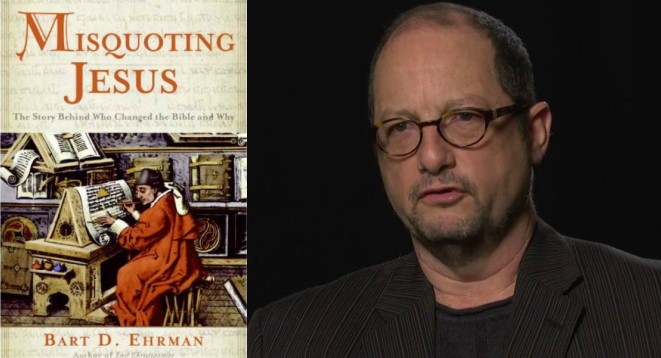The Real Issue
Debate goes on, seeming forever, about the issue of religious belief in a secular society. The validity of sacred texts becomes grist for the mill and sides line up over What Would Jesus Do bumper stickers. We see competing fish on cars–Darwin fish with feet in answer to the unembellished christian fish symbol, then a bigger fish labeled Truth swallowing the diminutive Darwin fish, and on and on.
What is really at issue here hasn’t got one thing to do with who believes in god or evolution. Belief is a self-contained, private matter. The issue that gets lost in all the polemic is very simple: behavior.
Those who would sap the poison from the “inerrant word” crowd are defending their assumed right to live the way they want. One might argue that belief in god doesn’t really limit people, and as far as it goes, that is true. If you, as an individual, choose to believe in god, then you have elected to reform your life according to the tenets of your new faith. You may adopt whatever modest or byzantine traditions and habits you wish. After all, you have chosen this, you get to do it.
What you don’t get to do is tell everyone else to behave accordingly, and that’s where the meat of the issue lies.
Because fundamentalists–and we’re talking about fundamentalists here for the most part, of any stripe–do not adopt such an extreme view of faith out of intellectual curiosity or even spiritual need. They …


